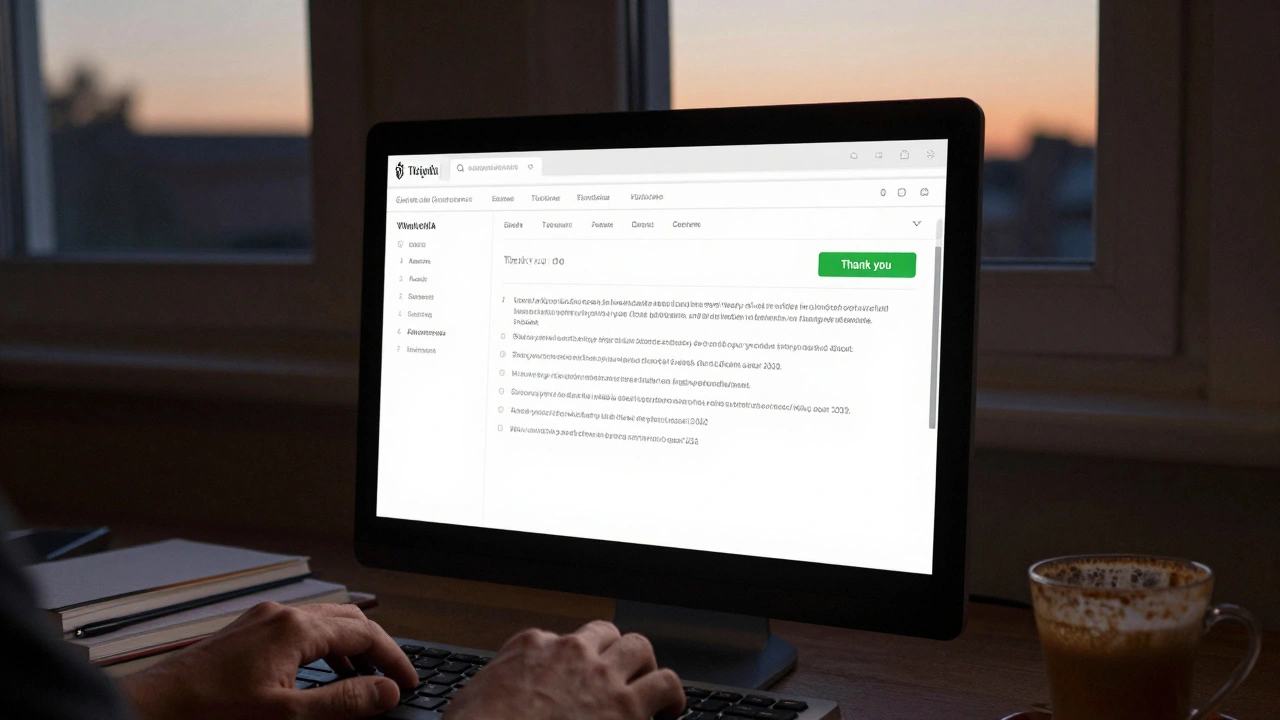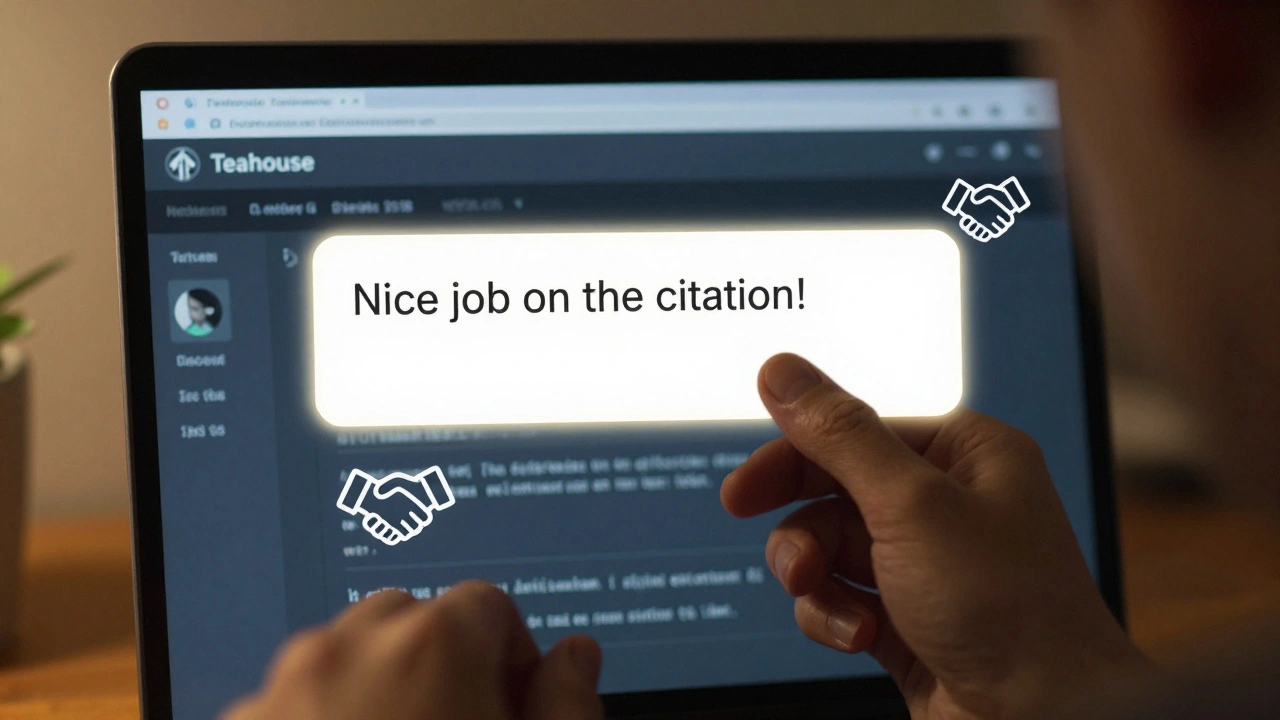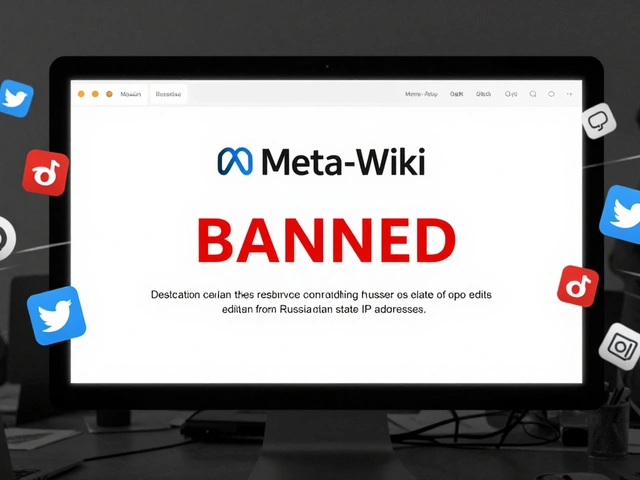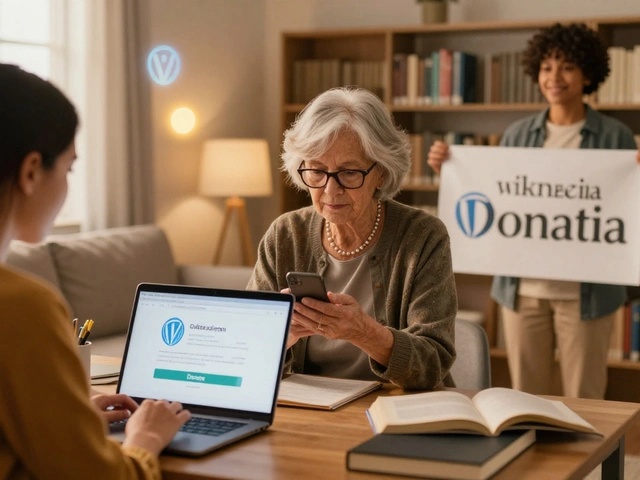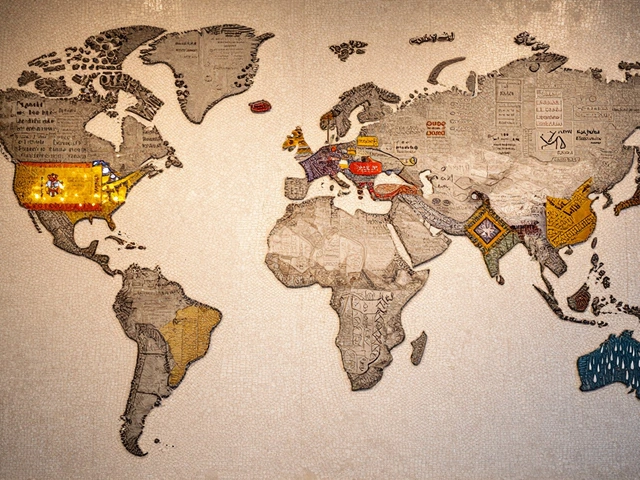Volunteer Editors: The Heart of Wikipedia's Knowledge Engine
When you read a Wikipedia article, you’re seeing the work of volunteer editors, unpaid individuals who research, write, and fact-check content without any financial incentive. Also known as Wikipedians, these contributors are the reason Wikipedia exists—not as a corporate product, but as a living, breathing library built by ordinary people who care about truth. They don’t get paid. They don’t get fame. And yet, they show up every day to fix broken links, rewrite biased paragraphs, and defend articles from vandalism. Without them, Wikipedia wouldn’t just be worse—it wouldn’t exist at all.
These volunteer editors aren’t a monolith. Some are students polishing articles for class credit. Others are retired professionals who spend hours verifying sources. Then there are the quiet ones—the ones who fix grammar on a thousand small articles no one notices. And then there are the fighters: the ones who show up in edit wars over controversial topics, arguing over neutrality, sourcing, and policy in talk pages that stretch for miles. Their battles aren’t about ego—they’re about making sure what you read is accurate, fair, and backed by reliable information. This isn’t just editing. It’s governance. And it’s messy. The Wikipedia community, the collective of editors who shape content through discussion, consensus, and policy is the real engine behind the site, not the servers or the software. Tools like bots help, but they’re just assistants. The decisions? Those are made by humans.
Behind every policy debate, every sockpuppet investigation, every ArbCom election, there’s a Wikipedia contributor persona, a pattern of behavior that defines how different editors approach their work—from perfectionists who fix punctuation to global volunteers who build content in underrepresented languages. Some care about style. Others care about justice. A few just want to see their hometown get a proper page. And while paid editors are growing in number, they can’t replace the depth, diversity, and passion of volunteers who edit because they believe in free knowledge. The Wikipedia governance, the system of rules, committees, and community norms that guide how content is created and maintained exists because volunteers demanded it. They wrote the policies. They enforce them. And when things go wrong, they’re the ones cleaning up the mess.
What you’ll find here isn’t just a list of articles. It’s a window into the real world of Wikipedia—the people who make it work, the conflicts they face, and the quiet victories no one ever sees. From how African language Wikipedias are growing to how student editors are reshaping academic contributions, this collection shows you the human side of knowledge. You’ll see how safety tools protect editors in dangerous regions, how grants empower local communities, and how even a single photo can break trust. These aren’t abstract ideas. They’re lived experiences. And they’re all powered by the same thing: people who care enough to show up, day after day, without pay.
Wikipedia Editing Challenges and Backlog Drives This Month
Wikipedia's editing backlog has hit record levels, with over 300,000 unreviewed edits. Volunteer editors are overwhelmed as new contributors face steep barriers and outdated tools. Here's why the system is straining-and how you can help.
Longitudinal Studies of Wikipedia Editor Retention and Churn
Longitudinal studies reveal why most Wikipedia editors quit within weeks-and what keeps the few who stay. It’s not about rules. It’s about feeling seen.
How Mentorship and Coaching Programs Boost Wikipedia Editor Retention
Mentorship and coaching programs on Wikipedia significantly improve editor retention by offering personal support, reducing feelings of isolation, and helping newcomers navigate complex community norms. Data shows those with guidance are far more likely to stay and become leaders.
WikiConference North America 2025 Recap and Key Takeaways
WikiConference North America 2025 brought together volunteers from across the U.S. and Canada to strengthen Wikipedia's future. Key takeaways include rising participation among women over 45, new AI tools for fact-checking, and efforts to make editing more accessible in rural and Indigenous communities.

